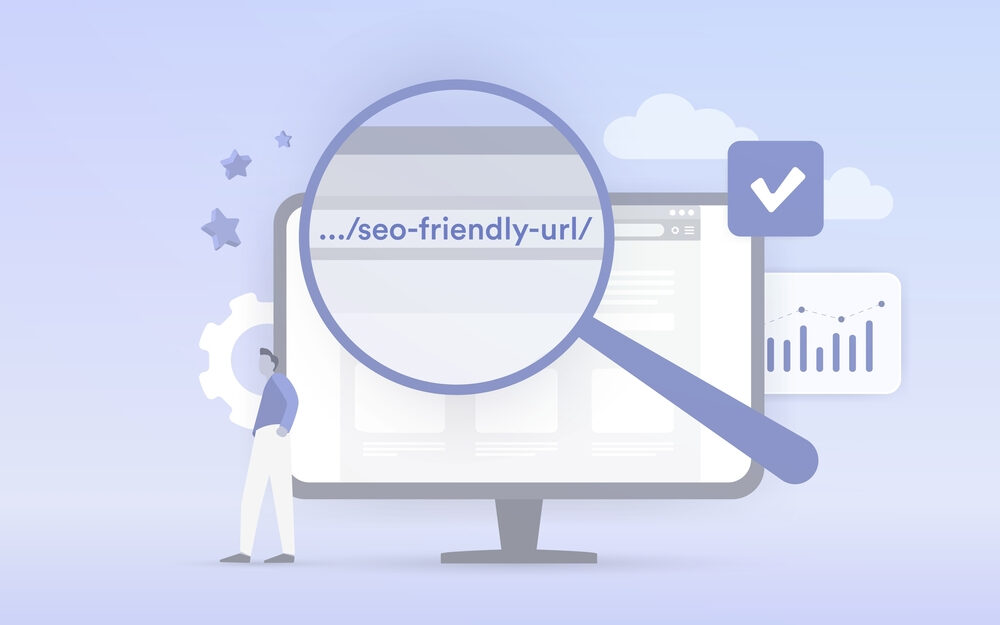In the dynamic realm of search engine optimization (SEO), few tactics have proven as enduring as URL optimization. From the days of keyword stuffing to the era of sophisticated algorithm tweaks, crafting an SEO-friendly URL remains a cornerstone of effective digital marketing strategies.
Understanding URLs: The Basics
A URL (Uniform Resource Locator) acts as a digital address, guiding users to their intended online destinations. It is analogous to a physical address that includes distinct parts like the town, street, and building number. Similarly, a URL consists of several components that help locate a specific page within a website. These components include the protocol (HTTP or HTTPS), subdomain (like “www”), domain name, and the path, which may contain subdirectories and a slug.
Example of a Structured URL
Consider this URL from HubSpot: https://blog.getclientonline.com/how-to-get-clients-online-rapid-strategies. Here’s a breakdown:
- Protocol: HTTPS (indicating a secure connection)
- Subdomain: blog
- Domain: getclientonline.com
- Path: /how-to-get-clients-online-rapid-strategies
From this structure, it’s clear that the page discusses URL best practices for SEO and is part of HubSpot’s marketing blog.
Why URLs Matter for SEO
URLs are pivotal for both user experience and SEO. They guide visitors directly to your content and play a crucial role in conveying the relevance of your page to search engines. A well-structured URL enhances site navigation and improves its hierarchy, making your content easily accessible and understandable, both by users and search engine algorithms.
The Impact of URLs on Ranking
Google confirms that URLs are integral to search ranking factors, assisting in content identification and relevancy determination. Keywords in URLs help align your content with search queries, improving visibility and click-through rates.
Crafting Reader-Friendly URLs
Unlike the outdated practice of keyword stuffing, today’s SEO emphasizes creating descriptive and concise URLs. This approach not only aids search engines but also enhances user experience, making links more intuitive and trustworthy.
Best Practices for URL Optimization
To maximize your URL’s effectiveness, consider the following SEO best practices:
- Simplicity is Key: Aim for short, descriptive URLs. Avoid unnecessary parameters or overly complex structures.
- Standardize Your Conventions: Whether for a blog, ecommerce site, or service page, maintain consistent naming conventions for ease of management and clarity.
- Limit Hierarchical Levels: Restrict URL paths to a maximum of three levels to avoid confusion and dilution of keyword relevance.
- Avoid Dates and Non-essential Words: Keep URLs timeless and focused by omitting dates and superfluous words.
- Incorporate Keywords Judiciously: Include relevant keywords to reflect content themes without cramming. Opt for clarity and relevance over density.
- Hyphens Over Underscores: Use hyphens to separate words, enhancing readability and SEO friendliness.
- Maintain Lowercase Formatting: Stick to lowercase letters to avoid discrepancies and ensure uniformity.
- Ensure URL Uniqueness: Avoid duplications within your site to prevent content cannibalization and ensure each page’s distinct presence in search results.
For further insights and advanced techniques, including the use of canonical tags to manage duplicate content, refer to this comprehensive guide on technical SEO by Moz.
Enhancing SEO Through Effective URLs
Effective URL strategies extend beyond mere structure to embody the essence of your content. They are a critical component of on-page SEO, influencing both user engagement and search engine rankings. By adhering to established best practices and continuously adapting to algorithm updates, you can ensure that your URLs contribute positively to your SEO efforts.

Free Assessment
Discover in just 30 minutes how our tailored social media and digital marketing strategies can elevate your brand awareness, synchronize your marketing and sales efforts, and reliably generate new leads, customers, and revenue streams.




